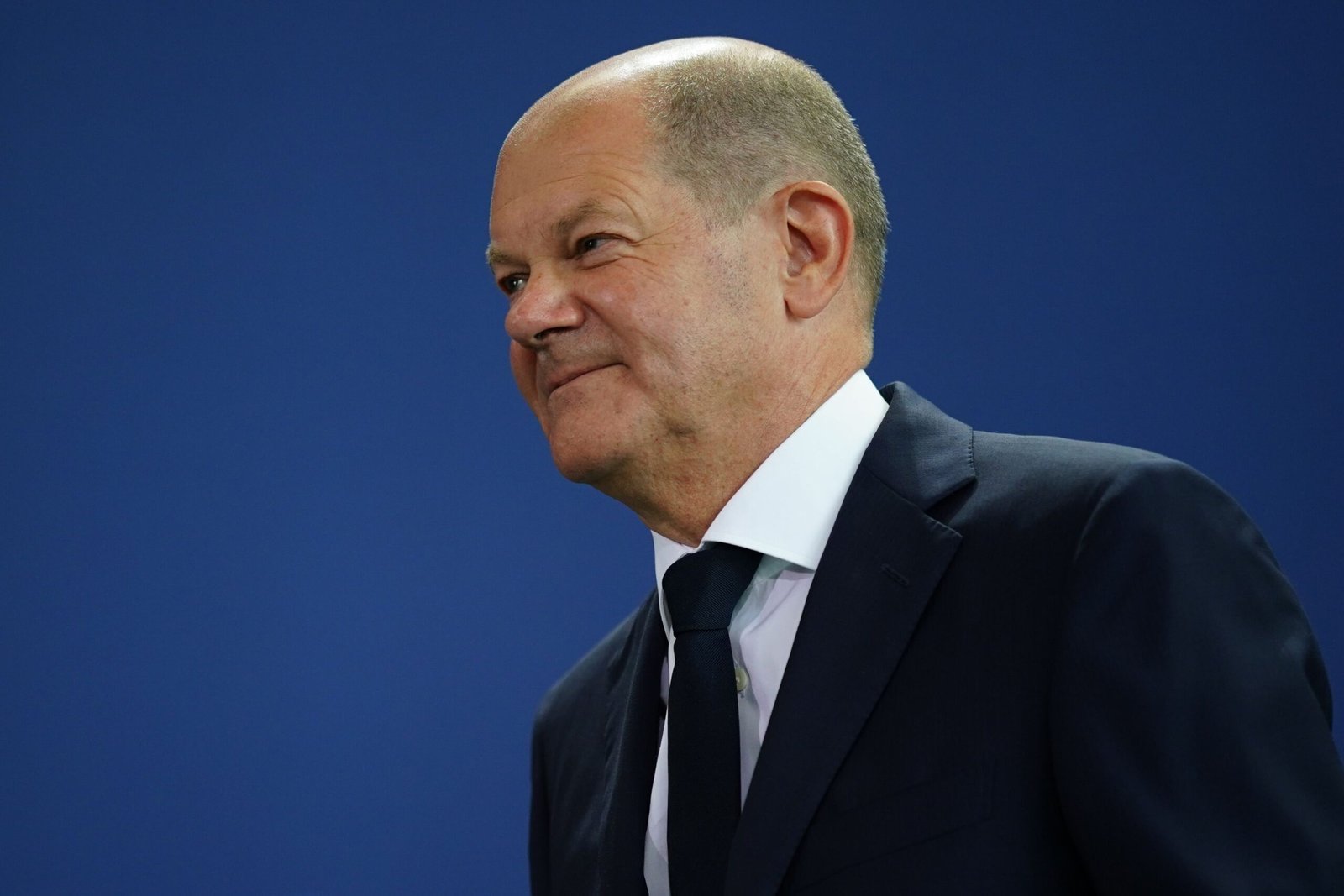On Wednesday, the German cabinet greenlit a 32 billion euro ($34.77 billion) tax cut package spanning four years, aimed at reinvigorating the struggling economy of Europe’s economic powerhouse. This comprehensive plan includes a subsidy covering 15% of green investments made by companies.
It’s worth noting that these measures are a diluted version of the original proposal put forth by the three-way coalition government, which initially included tax write-offs for digital infrastructure investments.
The tax cuts, amounting to approximately 7 billion euros annually, appear rather modest when considering the vast scale of the 4 trillion euro German economy. Economists and business associations have voiced criticism, contending that they don’t go far enough to address economic concerns.
In addition to these tax cuts, businesses will also benefit from more favorable depreciation write-down opportunities.
The package, championed by liberal Finance Minister Christian Lindner, faced delays as it was originally scheduled for approval two weeks ago but was blocked by Green Party Family Minister Lisa Paus, who sought additional funding for a comprehensive child support program. This program was ultimately approved, albeit in a scaled-back form, on Monday.
The German economy remains in a state of stagnation, with the second quarter showing no signs of recovery from a prior recession, solidifying Germany’s position as one of the world’s weakest major economies



